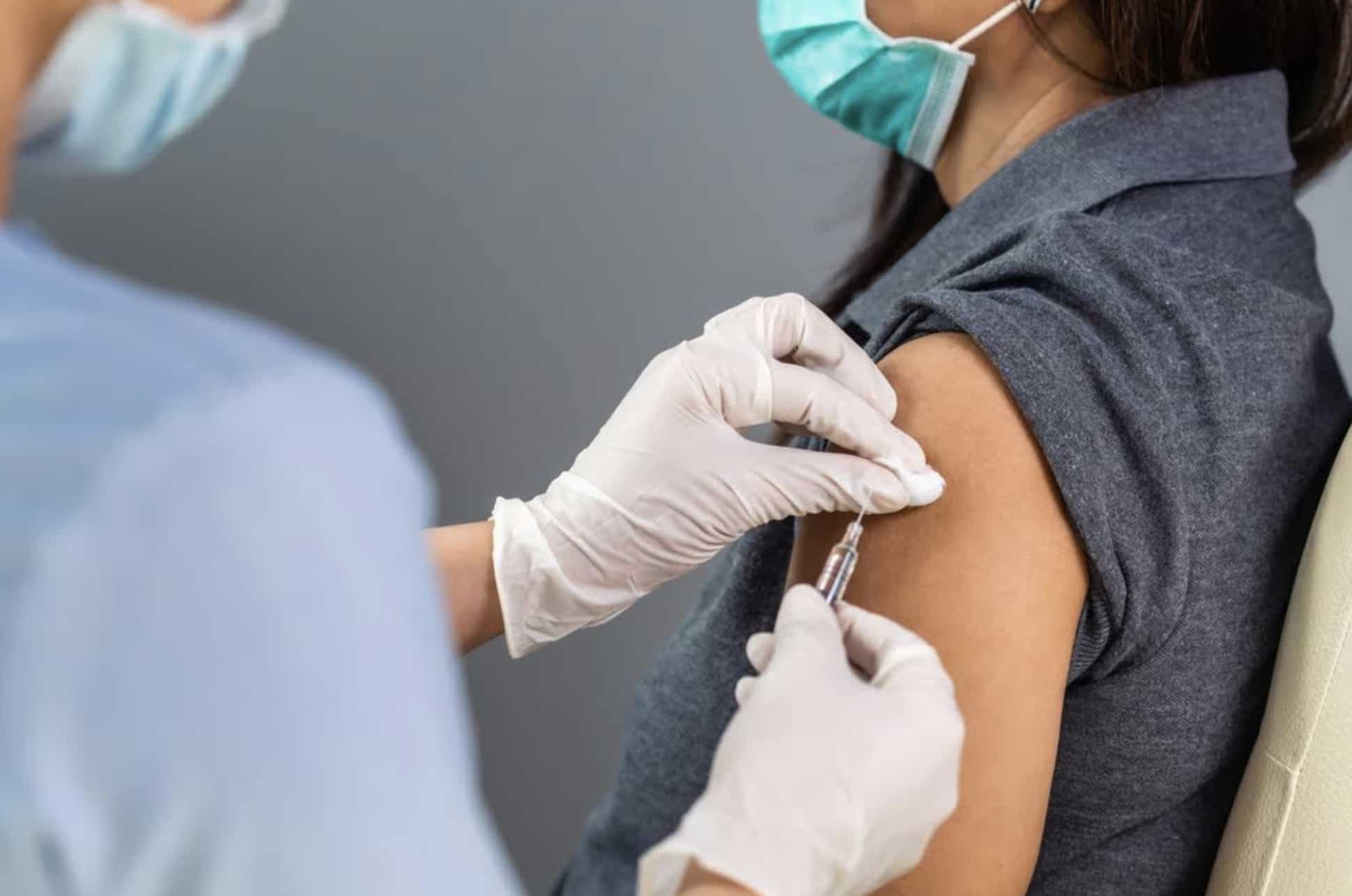Vaccines are on the way and being administered at break-neck speed across countries such as the United Kingdom and the United States of America. The hope is that, come the summer, the world will look and feel very different from what we are living in now. For the first time since the beginning of the Covid-19 pandemic in early 2020, it does feel like there is light at the end of the tunnel.
However, as scientists remind us, the effects of the vaccines will not be seen on rates of hospital admissions for some time yet and it is not yet fully known what the effects they will have on transmission. There is early good news, though, with early data in the UK suggesting that the first dose of the Pfizer and AstraZeneca vaccines cut transmission rates by two-thirds.
It is difficult not to get at least a little bit excited by such news. It isn’t just the prospect of once again being able to go out and enjoy drinks with friends, a pamper session and simply being able to hug family members that should excite us, but the prospect of those on waiting lists for treatment being seen to quicker than the pandemic has allowed.
The Long Return to Normal
It has been so long since we had a ‘normal’ life to live that sometimes it can feel as though we do not know what normal feels like. We have grown accustomed to living with restrictions on the way we live, work and play – Zoom has arguably been the big winner during the pandemic, with businesses conducting meetings over video call and families using the software to keep in touch during various lockdowns.
In the UK, Prime Minister Boris Johnson revealed a roadmap out of lockdown which, all going well, will ultimately lead to the disbanding of all restriction by 21 June – although that could be delayed depending on transmission rates and hospital admissions. Israel, the country that has vaccinated the highest proportion of its population at the time of writing, is showing signs that the vaccines are working and that normality may not be too far off, but there is still work to be done.
Not all countries have begun rolling out vaccines, with hundreds yet to administer a single dose as yet, so while some countries are bracing themselves for normality that will only be felt on a domestic level. Globally, we are still some way off and that could hugely impact the tourism industry with airlines eager to welcome passengers back onto planes.
What Does This Mean for Healthcare?
Healthcare has been inundated for obvious reasons over the last year or so, with the treatment of Covid-19 patients filling up precious hospital beds taking priority. That has seen other treatments and surgeries delayed, with the waiting list continuing to grow. Cancer patients, especially, have suffered from life-saving treatments, such as proton beam therapy, chemotherapy and more, put on the back burner.
Thousands of cancers have gone undiagnosed during the pandemic as referral rates have dramatically decreased. That certainly is not because cancer is on the decline because we know that to be fact – what it means is that fewer patients will be diagnosed early on, while more face the prospect of a late-stage diagnosis when the chances of survival are considerably less. The earlier that cancer is diagnosed, the better the chance the patient has of their own survival story.
Cancer, though, is certainly not the only issue that awaits medical services after the pandemic has been confined to the history books, but it is one of the more serious ones along with mental health. Medical and healthcare professionals will be bracing themselves for a wave of patients coming to them for services that they either could not access during the pandemic or were too worried to seek out.

